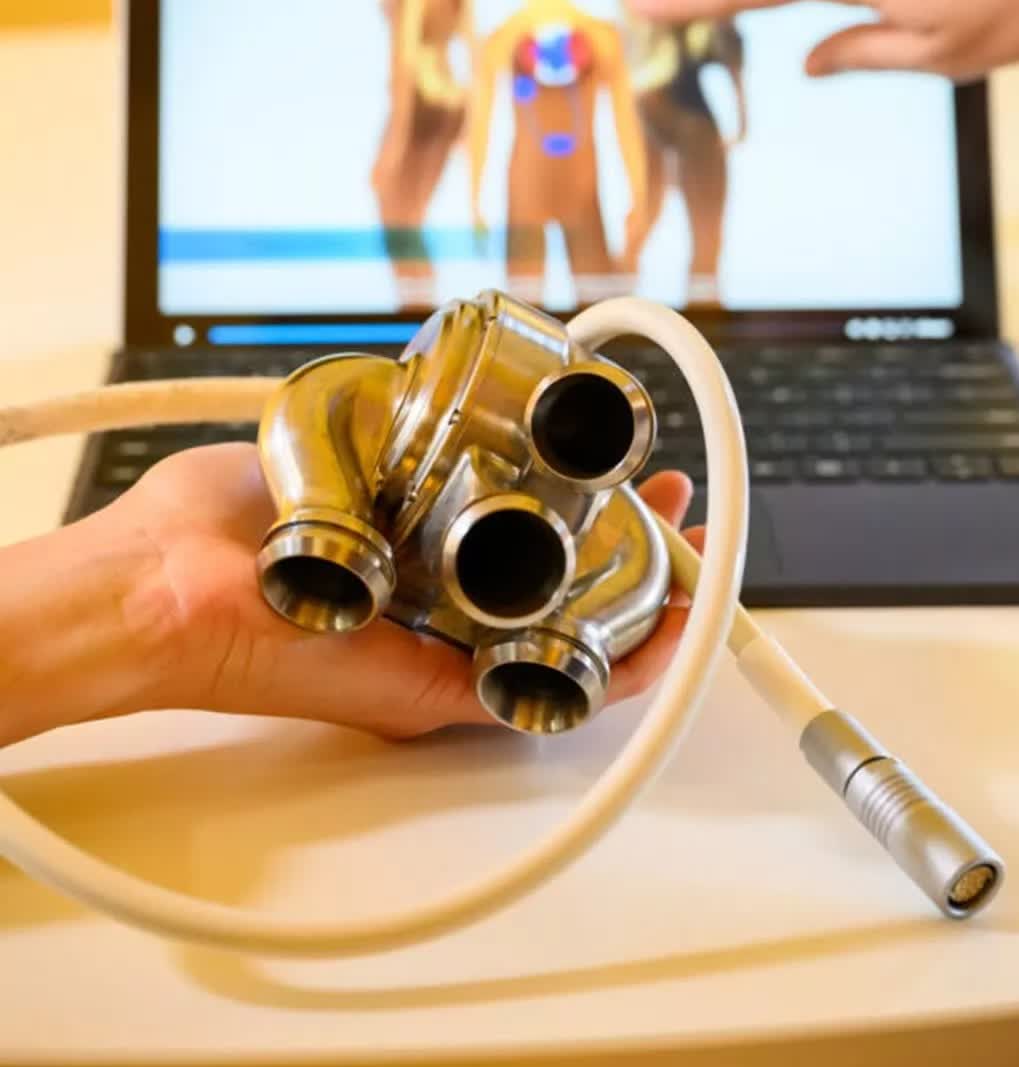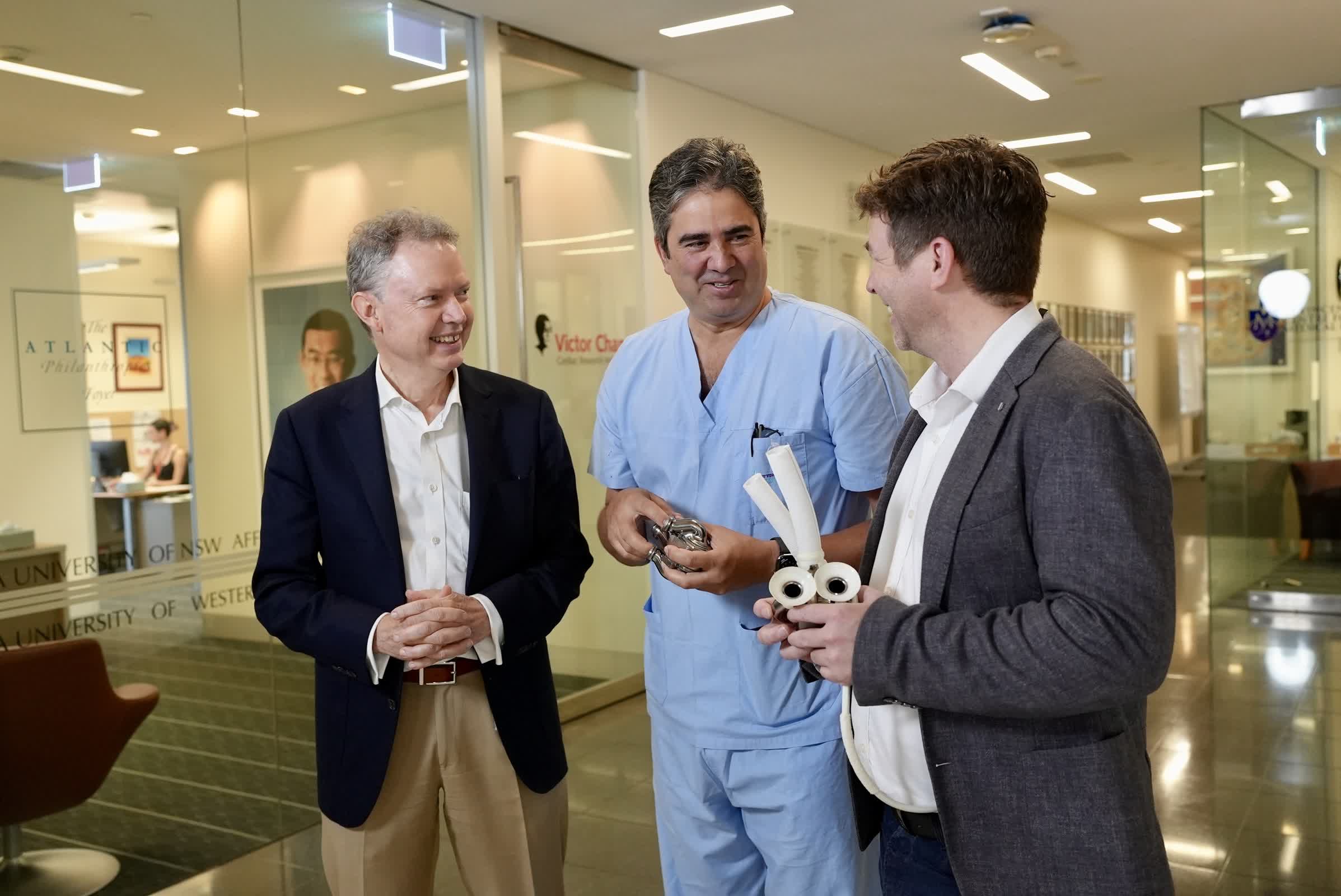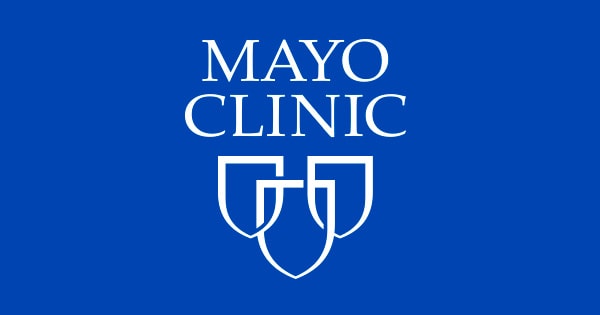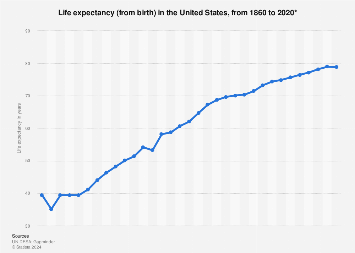Forward-looking: An Australian man has become the first person in the world to leave a hospital with a total artificial heart implant, marking a significant milestone in heart failure treatment. He lived with the device for over 100 days before receiving a donor heart transplant in early March – the longest recorded survival with this technology.

The patient, a man in his 40s from New South Wales, received the BiVACOR Total Artificial Heart (TAH) during a six-hour procedure at St. Vincent's Hospital in Sydney on November 22, 2024. The operation, led by cardiothoracic and transplant surgeon Paul Jansz, was part of the Monash University-led Artificial Heart Frontiers Program, which aims to develop three key devices to treat common forms of heart failure.
Invented by Australian bio-engineer Dr. Daniel Timms, the BiVACOR TAH uses magnetic levitation technology to replicate the natural blood flow of a healthy heart. Similar to the technology used in high-speed trains, it features a single moving part – a levitated rotor held in place by magnets – eliminating the need for valves or mechanical bearings, which are prone to wear and tear.
The BiVACOR TAH is made from titanium, chosen for its high biocompatibility, corrosion resistance, and strength. Designed to replace both ventricles of a failing heart, it serves as a life-saving bridge for patients awaiting a donor transplant. The device pumps blood to both the body and lungs using a double-sided centrifugal impeller, which propels blood from separate pump chambers to the pulmonary and systemic circulations.
Globally, more than 23 million people suffer from heart failure each year, yet only about 6,000 receive a donor heart. To support the development and commercialization of the BiVACOR device, the Australian government has invested $50 million in the program. While still in clinical trials and awaiting regulatory approval, the device's ability to sustain patients for extended periods suggests it could become a long-term solution for those facing heart failure.

Prof Chris Hayward, Dr Paul Jansz and Dr Daniel Timms
The BiVACOR TAH has already been tested in the FDA's Early Feasibility Study in the United States, where five patients successfully received the implant. These patients were supported by the device while awaiting a donor transplant, with the longest support period lasting up to a month. The FDA has approved expanding the study to include more patients.
Man lives 100 days with artificial titanium heart in world-first medical success


